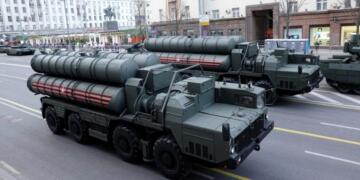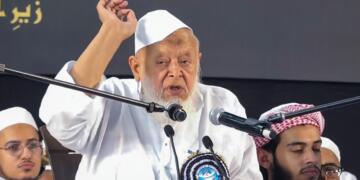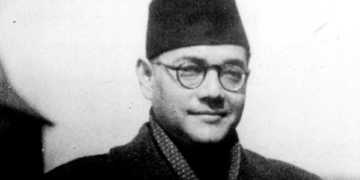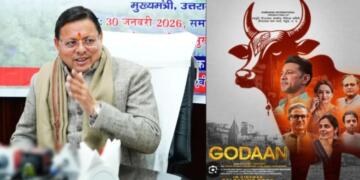The 2019 general elections saw the opposition camp being reduced to histrorically low numbers in the face of ‘TsuNamo’ which brought the NDA to a stellar total of 353 members in the Lok Sabha. While BJP ramped up its tally, parties of the opposition camp were seen struggling to save political ground. In the run-up to the elections, sensing another flop show by the Congress, several regional leaders were also seen fiddling with the idea of a Prime Minister from one of the regional political forces.
Although Congress saw a slight bump in its tally from 44 in 2014 to 52 this general election, the hopes of its party president Rahul Gandhi of adding another link to the long chain of Prime Ministers from the Gandhi-Nehru family turned out to be completely misplaced.
Even in the run-up to the elections, Rahul Gandhi’s ambitions found little or no support from the regional Parties which pegged their own leaders as probable candidates. Nonetheless, the election results not only decimated Congress but also critically impacted regional parties who were banking on regional political equations to play out, making regional parties the biggest losers in this election. However, this meek performance by the regional parties might just be the silver lining the Congress party is desperately looking for.
West Bengal Chief Minister Mamata Banerjee had clearly refused to endorse Rahul Gandhi as the joint opposition candidate, while at the same time she pushed for her candidature for the top post. For Mamata Banerjee, the election results were completely shocking. Mamata Banerjee lost huge political ground to the BJP, with the saffron party coming at par with the regional TMC in terms of vote share. This momentum gained by the BJP in West Bengal is set to be carried forward in upcoming assembly elections and give Mamata, who was aiming for the Prime Minister’s post a few weeks back, a run for the Chief Ministers post.
For other regional giants too, the election results spelt horrors. Sharad Pawar, another contender for the Prime Minister’s post, also saw his party the NCP losing political ground to the BJP. Sharad Pawar’s grand nephew, Parth Pawar also failed to register a win from the Maval Constituency, adding NCP to the list of political parties facing an existential challenge.
Nara Chandrababu Naidu another Prime Minister aspirant also faced a similar situation in Andhra Pradesh. NCBN led -TDP not only lost massively in the Lok Sabha polls but also lost to YSRCP in the state assembly elections. NCBN led TDP has been reduced to just 23 seats out of the total 175 Assembly constituencies in the state, compared to more than 100 seats in the last assembly elections. Even in the Lok Sabha Elections, TDP is now reduced to just 3 Parliamentary Constituencies in the state out of the total 25 in the state.TDP as a part of the NDA in the 2014 general elections had emerged victorious on 15 seats.
Further South, in Tamil Nadu, MK Stalin fared well in the Lok Sabha elections, with DMK jumping to 23 seats in 2019 from a dismal 0 in 2014 general election. However, contrary to many regional leaders, MK Stalin had supported Rahul Gandhi’s candidature. Considering the limitations of periodic regime change politics in Tamil Nadu, MK Stalin’s move to support Rahul Gandhi is just another example of real politics at play. Nonetheless, this nature of Tamil Nadu politics is sure to hinder MK Stalin’s plan for the top post in the future too. Other regional forces like SP and BSP in Uttar Pradesh and RJD in Bihar also lost out massively despite the parties coming together as a single political force.
These substantial political losses suffered by regional parties claiming to be a national alternative has surely eroded their credibility for making similar claims in the future. For Congress, this situation might bear hidden fruits. With all the regional parties on the back foot, Congress can again stake a claim at the being the only alternative to the BJP. The annihilation of regional leaders with prime ministerial ambitions has become a blessing in disguise for the Congress. For now, Congress has become the sole contender to lead any anti-BJP front in future elections. However, it remains to see how the grand old party capitalizes on this situation.




























